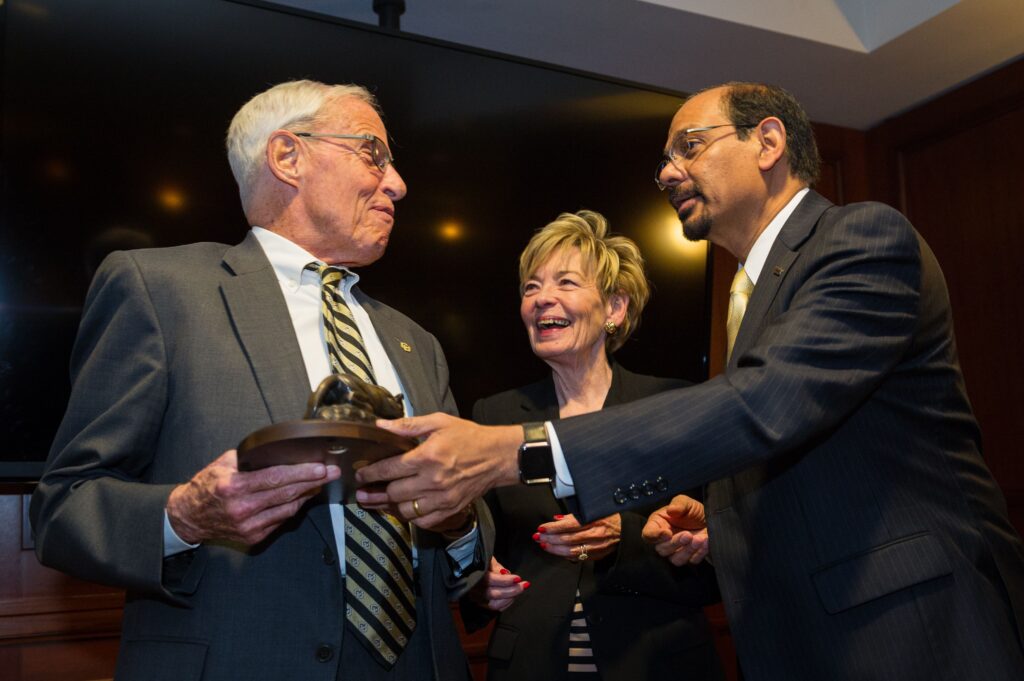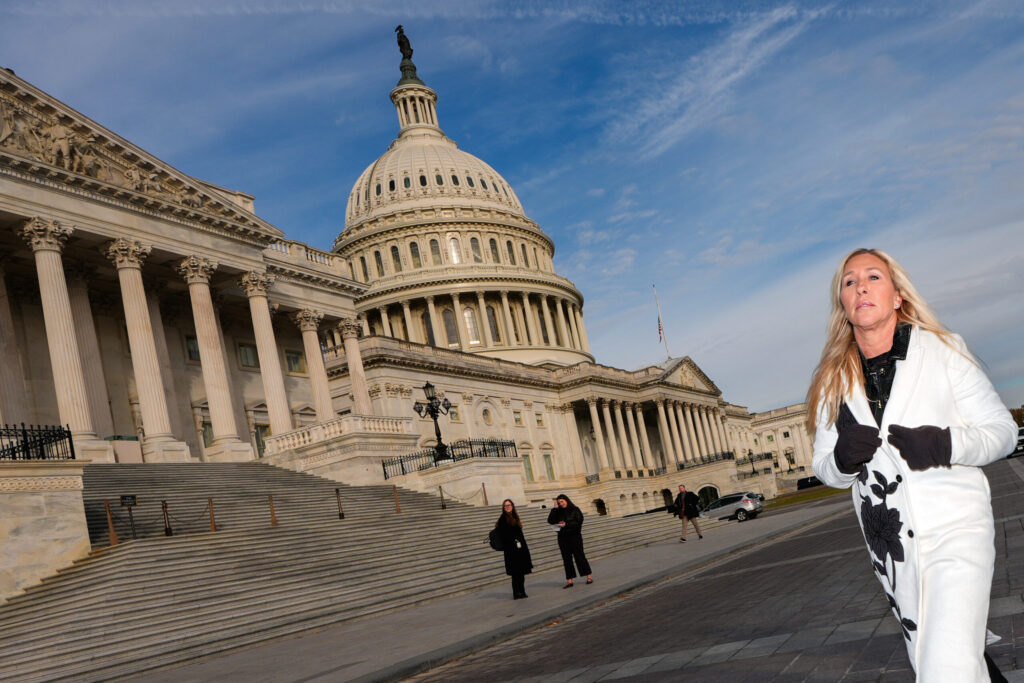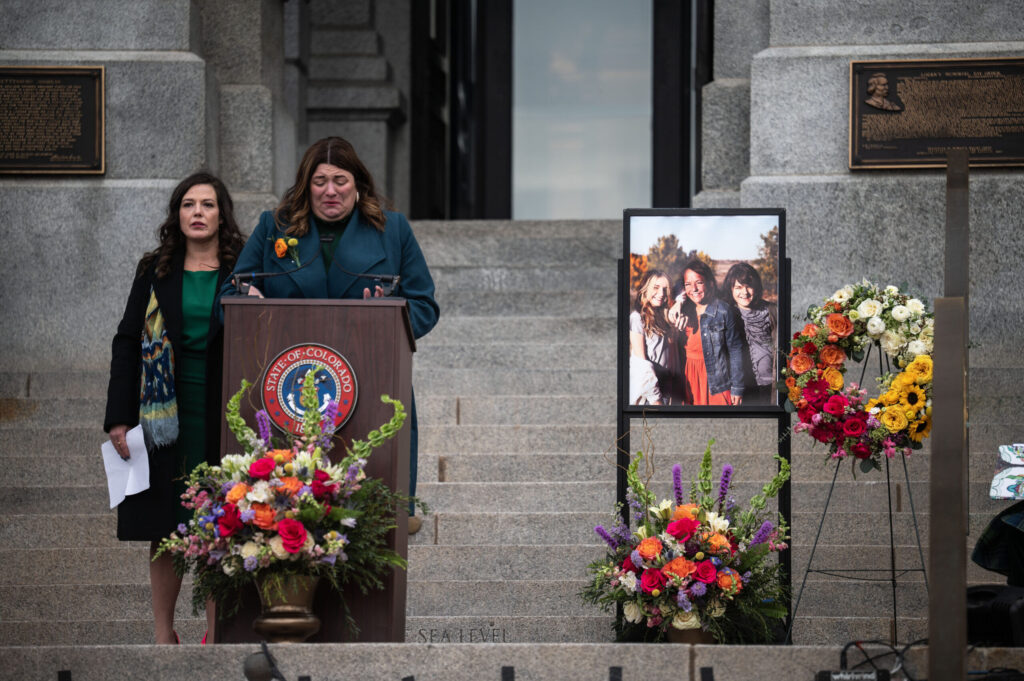Lawmakers roll out payback for unemployment insurance trust fund

Federal American Rescue Plan Act dollars will play a major role in paying back a $1 billion federal loan the state had to take out to cover unemployment insurance checks during the pandemic.
Senate Bill 234, if signed into law, will take $600 million in pandemic relief funds to allow the state to pay back part of the federal loan it began tapping in 2020.
According to the state Department of Labor and Employment, the unemployment insurance trust fund held $1.1 billion in its balance on Dec. 31, 2019. The pandemic, and the resulting lockdowns and recession, drained the fund in just a matter of months. By Dec. 31, 2020, the unemployment insurance trust fund was insolvent and the state had already borrowed $752 million from the federal government to pay benefits. By last August, the state was on the hook to pay back more than $1 billion in federal loans.
Restoring the unemployment insurance trust fund to solvency is among the business community’s highest priorities for the 2022 session
The Colorado Chamber of Commerce said back in January that it backed Gov. Jared Polis’ November 2021 budget request for $600 million to the UITF.
“Unless legislators take action now, every business in Colorado will face historically high premium increases in the coming years – especially those that had to lay off workers through no fault of their own,” a coalition of 75 business entities said in a letter to lawmakers. “It would be unconscionable to put this burden on the backs of businesses in these already difficult economic times.”
SB 234 – sponsored by Sens. Chris Hansen, a Denver Democrat, and Bob Rankin, a Carbondale Republican – also expands eligibility for unemployment benefits.
Those enhancements include eliminating the one-week waiting period for benefits, although that will wait until the fund has a $1 billion balance. The state Department of Labor and Employment will also be asked to look at how to implement a dependent allowance for individuals receiving unemployment compensation. Other major provisions include raising the benefit amount part-time workers can receive from 25% to 50% of the weekly benefit amount.
A joint statement from House and Senate Democrats Wednesday said this is an attempt to remove disincentives for workers who are laid off to find part-time employment while seeking a full-time job.
“Colorado businesses have endured one of the most challenging economic environments in our state’s history,” said Colorado Chamber President and CEO Loren Furman, who was lauded as instrumental in the bill negotiations, in a joint statement Wednesday from House and Senate Democrats. “Through no fault of their own, many were forced to close and lay off valued employees, which has put them on the hook for the depletion of the UITF. After months of negotiations, this bill is an important first step in providing real relief to Colorado businesses. While we are still in need of a long-term solution, these funds will prevent significant unemployment premium increases, which will in turn help Colorado workers and local communities across the state.”
The bill, however, does not fully pay back the federal loan. The gap between the $600 million and what the state owes is expected to be paid back through a “solvency surcharge” approved in 2020 that goes into effect next year.
In Wednesday’s joint statement, Hansen said the General Assembly is doubling down to protect this critical safety net for working families and Colorado’s economy by “investing hundreds of millions into unemployment insurance to protect future solvency while improving and expanding the benefits it offers. This bill will better prepare us to weather any future economic downturns, and help make sure unemployment insurance continues to benefit working Colorado families for years to come.”
House sponsor Rep. Marc Snyder, D-Manitou Springs, added that lawmakers have “crafted a bill that will help ensure the stability of the fund and make common sense improvements to ensure the system meets the needs of the moment.”
The bill has been assigned to the Senate Finance Committee.














